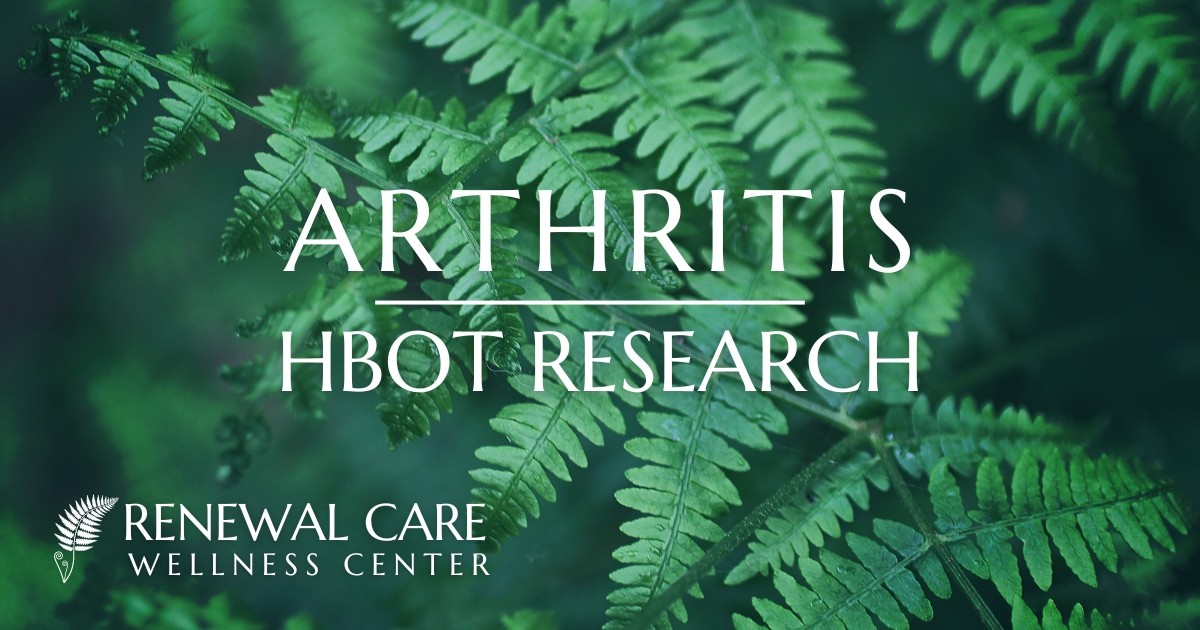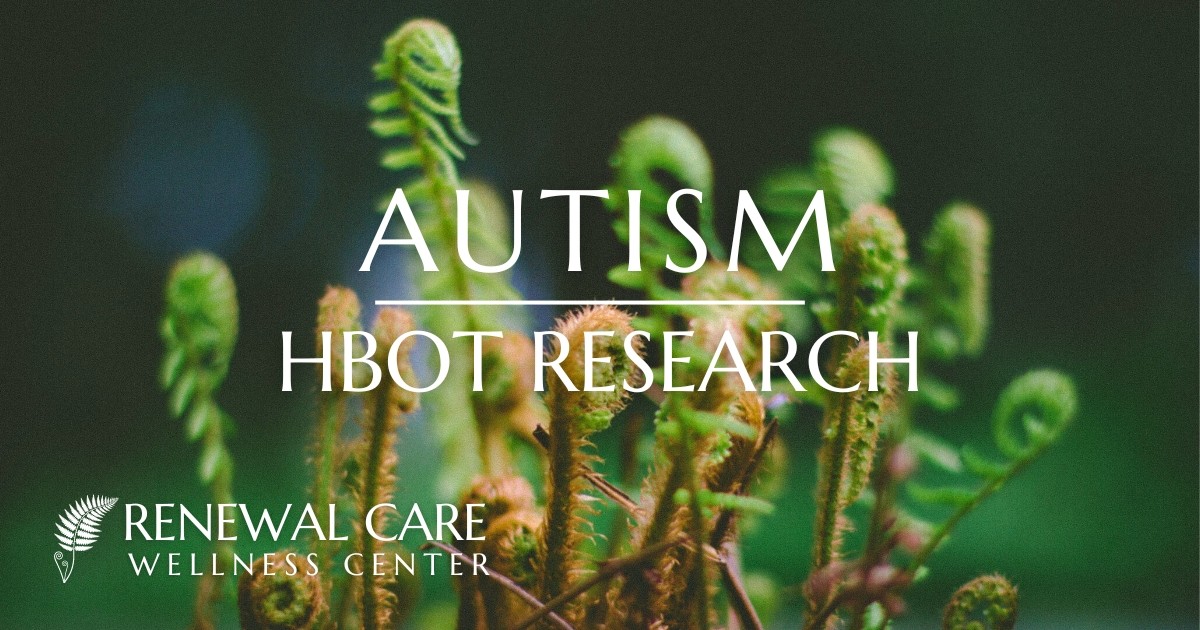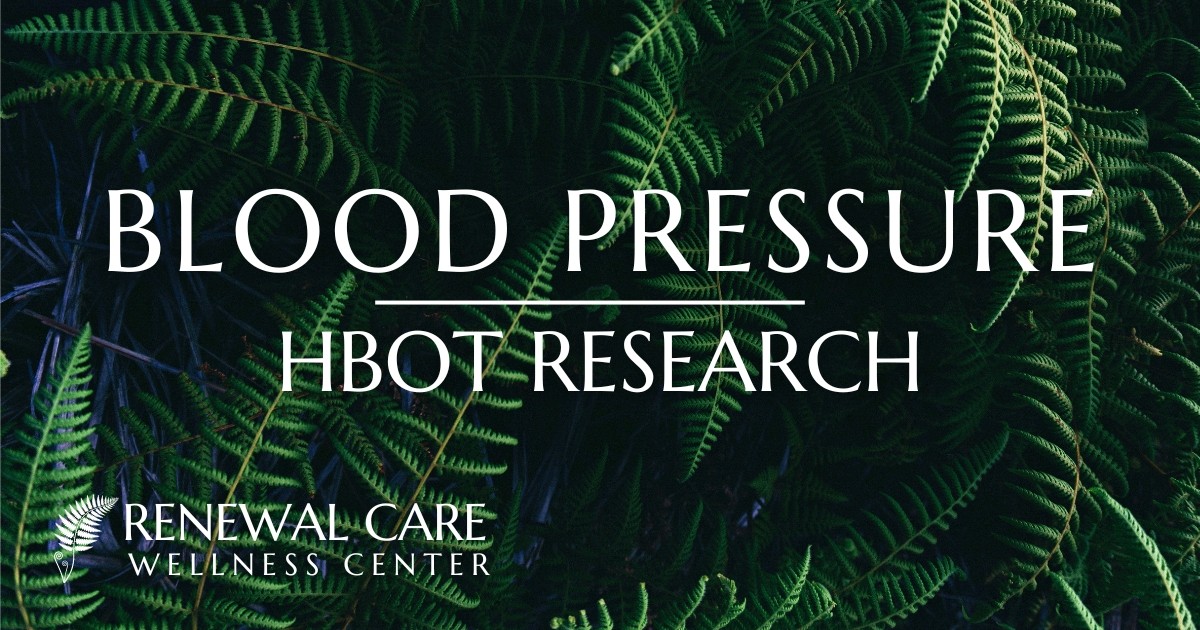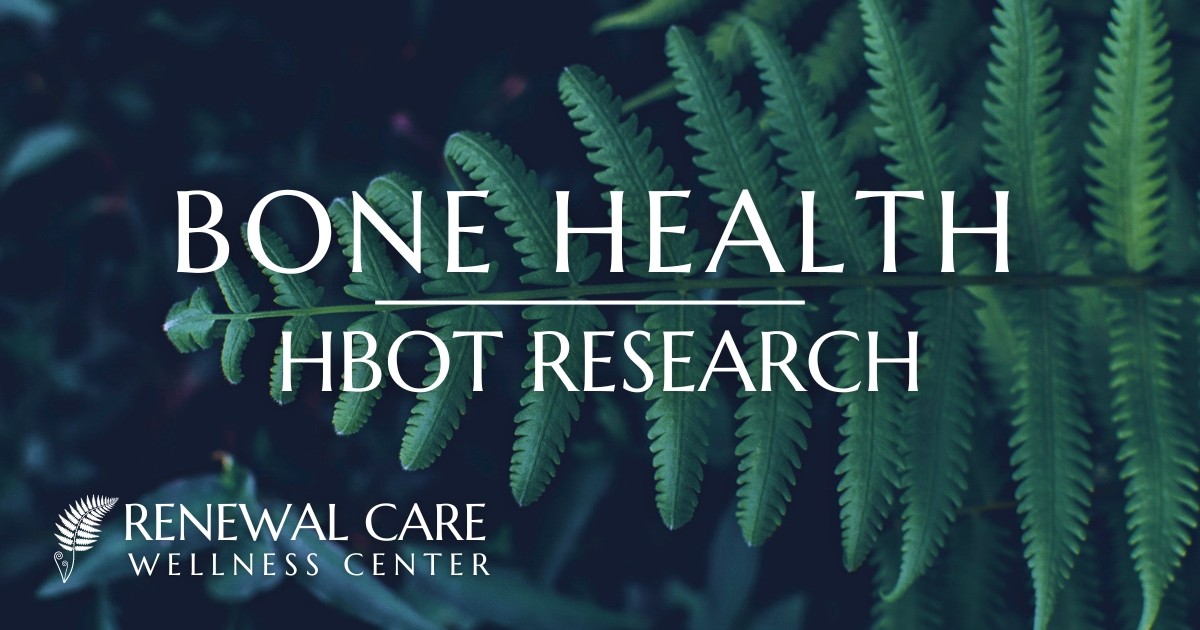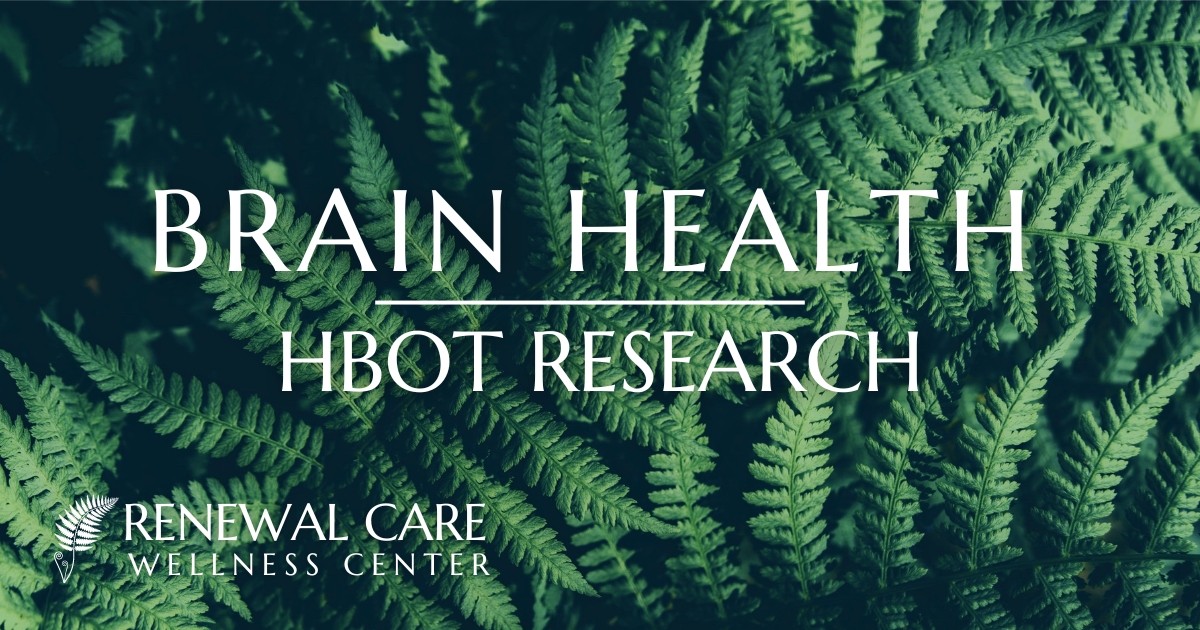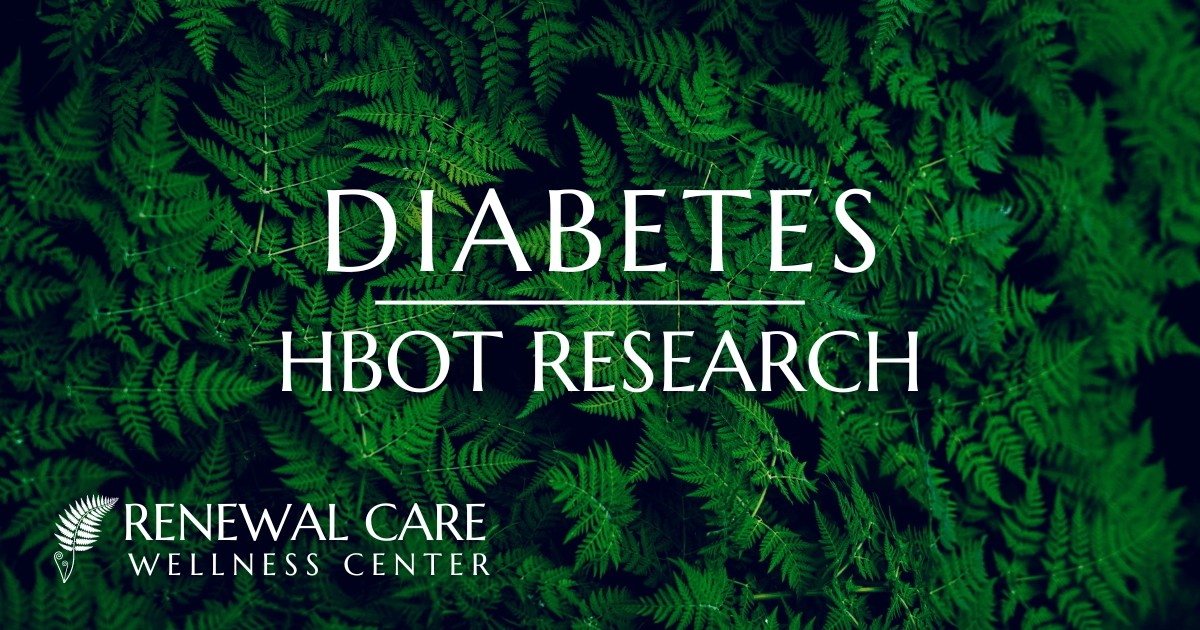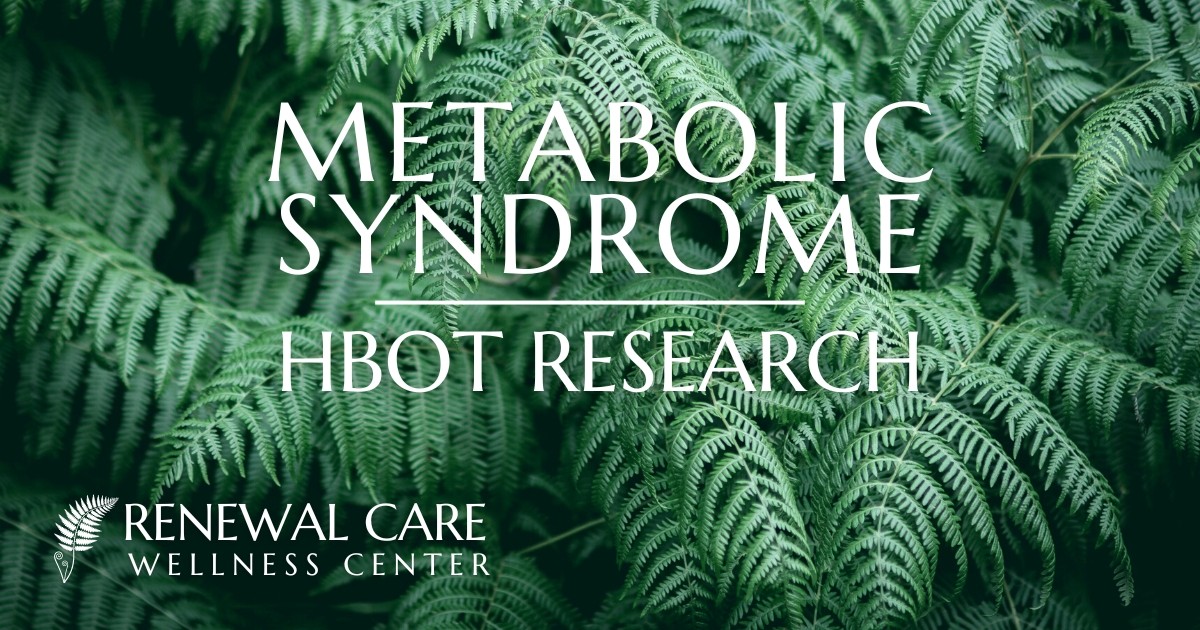🌿 “You will either step forward into growth, or you will step backward into safety.” — Abraham Maslow 🌿
Maslow’s hierarchy of needs is an outline of a human motivational theory more commonly taught in the field of psychology that is comprising of a five-tier model of human needs. The model is typically shown as hierarchical levels within a pyramid.
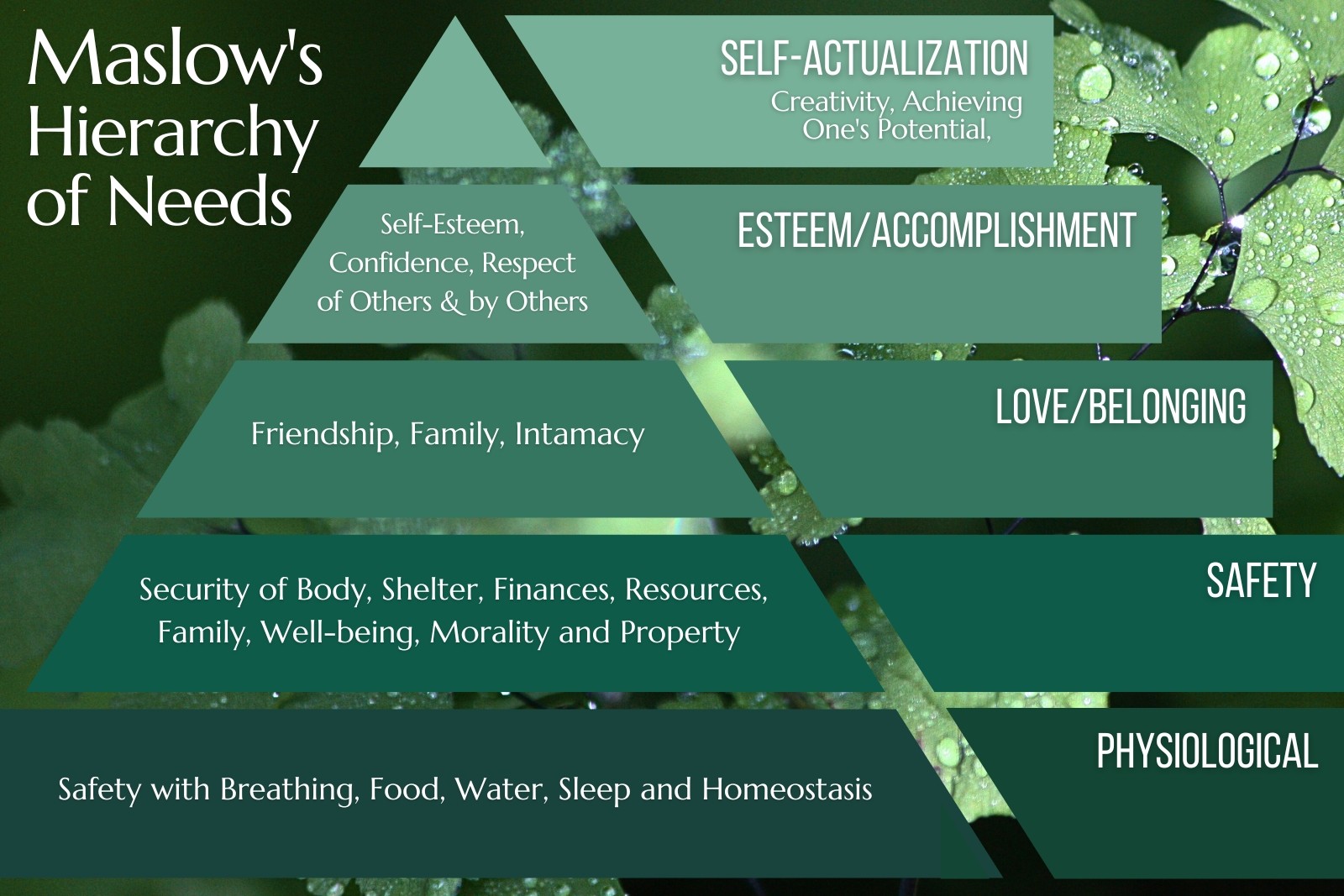
Upwards from the bottom of the hierarchy, the stated needs are: physiological (shelter, food and clothing), safety (personal and financial security), love and belonging (family, friendship), esteem, and at the top is self-actualization.
Needs further down in the hierarchy must first be satisfied before individuals can comfortably achieve or attend to higher level needs. (Think fight or flight vs. personal development.)
Abraham Maslow’s hierarchy of needs is one of the best-known theories of motivation. His theory states that human actions are motivated by key physiological and psychological needs that progress from more basic to complex.
Maslow first introduced the concept of a hierarchy of needs in 1943. His theory suggests that people are ultimately motivated to fulfill basic needs before moving onto more advanced developmental and personal growth desires.
Maslow was very interested in learning about what makes people happy and satisfied in life—and what they do to progress along life achieve those goals. This was actually contrary to the mainstream school of thought at the time from psychoanalysis and behaviorism lenses, which often focused more on problematic human behaviors.
Maslow believed that people are born with an inner desire to become self-actualized—to be all they can be in life. However, to achieve this ultimate goal, basic needs must be met first, like the need for food, safety, love, and self-esteem.
He believed that these needs are similar to instincts and play a critical role in actually motivating human behavior.
There are FIVE (5) different levels of Maslow’s hierarchy of needs, starting at the lowest level, known as physiological needs.
Level 1: Physiological Needs
Level 1 are physiological needs are those that are vital to our very survival, like water, food and nutrition, air and breathing, temperature control and Homeostasis.
Additionally, to these basic requirements, needs also include safe shelter and clothing.
Level 2: Safety Needs
At the 2nd level of the hierarchy, the needs start to grow in complexity. This level includes primary needs like security and physical safety. People also strive for control and order in their lives, including financial security, having stable health and wellness, and safety against accidents and injury.
Together, the first 2 safety and physiological levels of Maslow’s hierarchy of needs make up what is often referred to as “basic needs.”
Level 3: Love and Belonging
The social needs in Maslow’s hierarchy include love, acceptance, and belonging. At this 3rd level, the need for emotional relationships drives human behavior, like friendships, family relationships, community and church affiliations, and romantic relationships.
It’s important for us to feel loved and accepted by ourselves and others, especially to circumvent feelings of loneliness, anxiety, dissatisfaction and depression.
Level 4: Esteem
The 4th level in Maslow’s hierarchy is the need for respect and appreciation. When the lower 3 levels have been achieved, the esteem needs begin to drive greater motivation for behavior choices.
Humans have a deep desire to accomplish things in life and have a sense for fulfillment, and have their efforts recognized and feel they are valued by others and are making a contribution to this world, but this also includes inner self-esteem and personal worth.
The social esteem and levels are known as the “psychological needs” of his outlined hierarchy.
Level 5: Self-Actualization
At the very top of Maslow’s hierarchy model are human self-actualization needs. Self-actualizing people are ultimately interested in identifying and fulfilling their potential. They are inspired to take on personal growth, are more self-aware, and are less concerned with opinions from others.
Maslow’s said of self-actualization:
“It may be loosely described as the full use and exploitation of talents, capabilities, potentialities, etc. Such people seem to be fulfilling themselves and to be doing the best that they are capable of doing. They are people who have developed or are developing to the full stature of which they are capable.”
Take Action
What will you choose to do at this stage in your life? Step forward or step backward, move toward greater fulfillment and out of crisis or status quo toward more life satisfaction and healing of body + mind, or stay in your zone of familiarity?
Learn more about how our advanced wellness services like Life Vessel, Hyperbaric Oxygen and Pulsed Electromagnetic Field Therapies at Renewal Care Wellness Center can support your body and mind so you can step forward toward the best version of yourself with greater ease!
Disclaimer: Statements, testimonials, and services provided by Renewal Care, LLC are not intended to diagnose, treat, cure or prevent any disease or illness. [more]
Nothing on this site is to be construed as medical advice; the authors are not doctors. The testimonials and feedback received are voluntarily provided and do not necessarily represent the views of this company. They have not been evaluated by the Food and Drug Administration and are not intended to be a substitute for professional medical advice, diagnosis or treatment. Any recommendations made by Renewal Care, LLC do not constitute as a medical recommendation and are intended for informational and educational purposes only, and no claims (real or implied) are being made. While studies support the use and effectiveness of the available therapies when used to help an individual facing various medical conditions, individual results may vary and it is the responsibility of the client to do their own personal due diligence; always ask your doctor about all treatment options, including all risks and benefits. Renewal Care, LLC is not a health care provider. Please discuss your personal health, including any options or ideas you may read on the internet (on this site or others) with your personal, qualified health practitioner before making changes to your lifestyle, diet, treatments, therapies or adjusting/discontinuing use of any medication.



